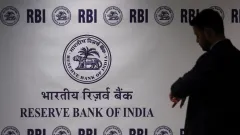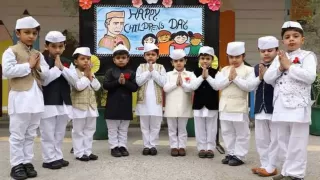The Mughal emperor who used to close meat shops during Hindu festivals was Emperor Akbar. Known for his religious tolerance and policy of Sulh-e-Kul (universal peace), Akbar took steps to respect the sentiments of his Hindu subjects.
Know which Mughal emperor used to close meat shops on Hindu festivals?
When we think of the Mughal era, we often think of lavish feasts, delicious kebabs, and heaping plates of mutton and chicken. It is believed that the Mughal emperors were non-vegetarians and their royal kitchens were always stocked with meat dishes. However, this is not true. Not all Mughal emperors were non-vegetarians. Some even banned animal sacrifice and ordered meat shops to remain closed during Hindu and Jain festivals.
- Akbar banned cow slaughter and animal sacrifices during major Hindu and Jain festivals as a mark of respect for religious sentiments.
- He ordered the closure of meat shops and slaughterhouses during these festivals to maintain peace and harmony.
- Akbar followed a policy of Sulh-e-Kul, meaning universal tolerance and peace among all religions.
- He personally reduced his meat consumption gradually and promoted vegetarian food alongside meat dishes in his royal kitchens.
- This ban was extended during significant festivals like Paryushan (Jain festival) and various Hindu religious occasions.
- Akbar’s successor Jahangir also enforced some temporary bans on cattle slaughter during religious periods.
- These measures were seen as efforts to respect the cultural and religious customs of his Hindu and Jain subjects and to promote unity within the empire.
- Later Mughal rulers like Aurangzeb did not continue these bans and sometimes reversed them.
Thus, Akbar was the Mughal emperor who actively implemented meat bans during Hindu festivals as a gesture of religious respect and societal harmony.























